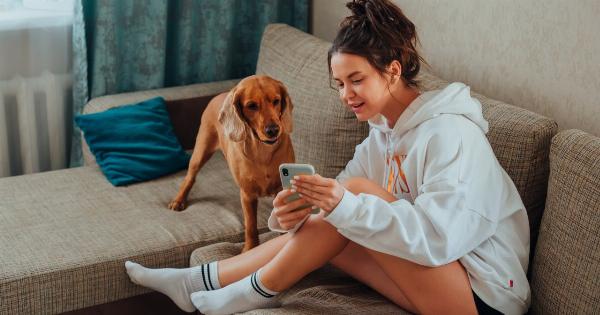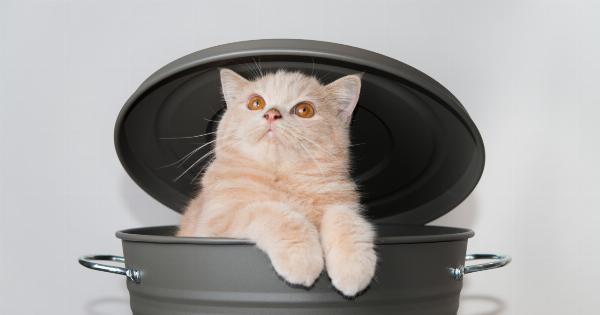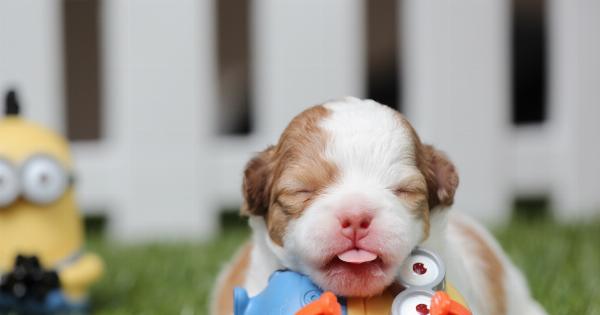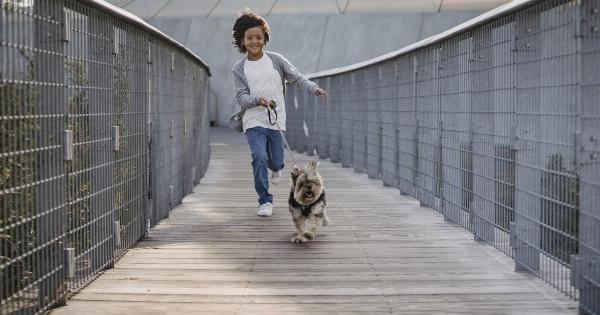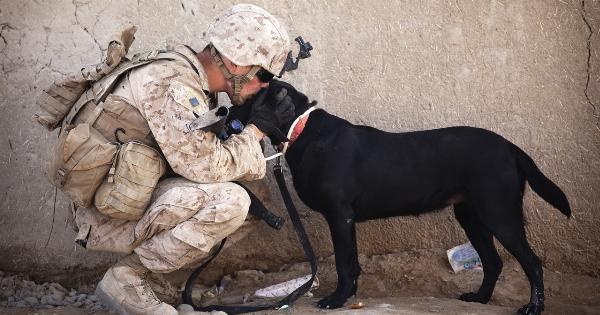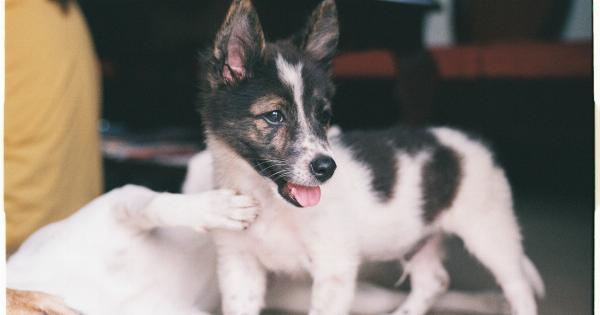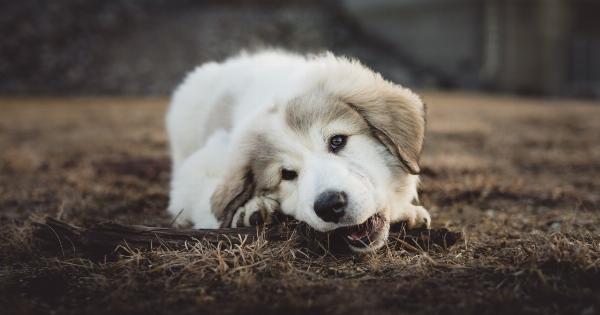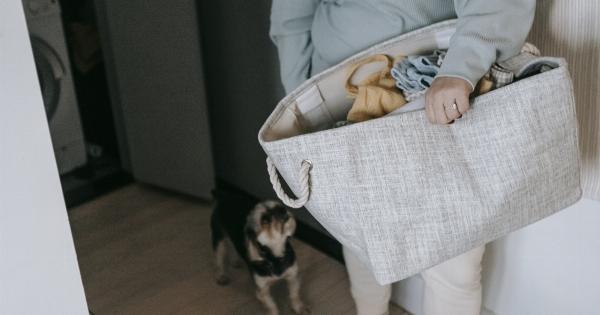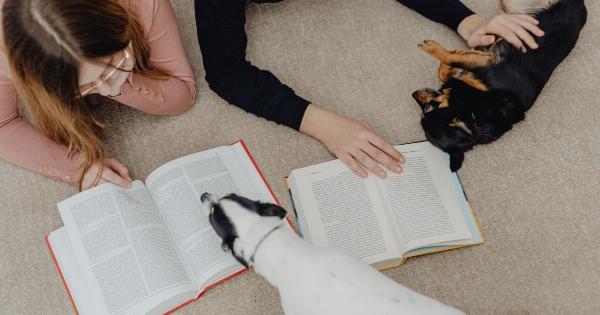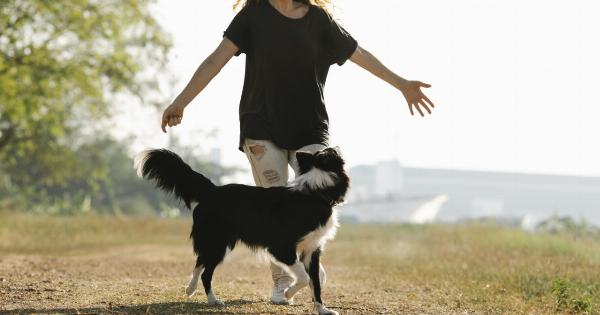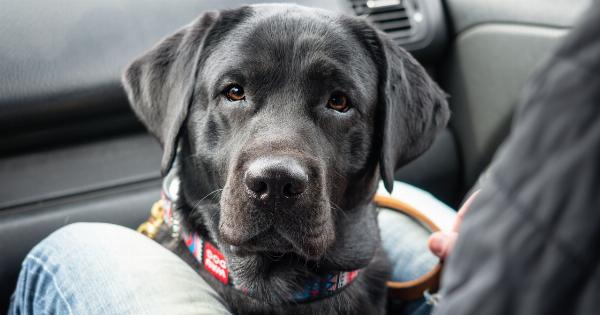After the holiday season, everyone tends to feel a little down.
But did you know that dogs can experience post-holiday blues too? The excitement, the new faces, and the lively atmosphere they enjoyed during the holidays suddenly disappear, leaving them feeling a bit lost and out of sorts. Here are some tips to help your furry friend transition back to normal life and beat those post-holiday blues.
1. Stick to Your Routine
One of the best ways to help your dog adjust after the holidays is to establish a consistent routine. During the festivities, schedules often go haywire, with guests and activities disrupting the usual day-to-day schedule.
Dogs thrive on predictability, so try to get back to their regular routine as soon as possible. Feeding time, playtime, and walks should go back to their usual timing to bring back a sense of stability.
2. Engage Your Dog in Mental Stimulation
Dogs love mental challenges, as it keeps their minds sharp and engaged. Help your furry pal overcome the post-holiday blues by introducing new toys or puzzles that require problem-solving skills.
Interactive toys like treat-dispensing puzzles or snuffle mats can keep them busy and entertained, helping them overcome any feelings of boredom or loneliness.
3. Gradually Decrease Attention
During the holiday season, your dog may have received countless hours of attention from family and friends. Suddenly being left alone for long periods of time can be quite a shock for them.
To ease the transition, gradually decrease the attention you give them, especially if you will be returning to work after the holidays. Start by spending shorter periods of time with your dog and gradually increase the duration. Slowly reducing their constant attention will help them adapt to spending more time alone.
4. Maintain Physical Exercise
Physical exercise is a great mood booster for dogs. It helps to release pent-up energy and keeps them physically fit. Whether it’s going for walks, playing fetch, or jogging together, make sure your dog gets an adequate amount of exercise every day.
Not only will this help them adjust back to normal life, but it will also prevent boredom and behavioral issues that can arise from a lack of physical activity.
5. Create a Safe and Comfortable Space
Having a designated safe and comfortable space for your dog is essential, especially during times when they may be feeling a little overwhelmed or anxious.
This could be a cozy corner in a room or a crate where your dog can retreat to whenever they need some quiet time. Make sure to include familiar items like their bed, toys, and blankets in this space to provide a sense of comfort and security.
6. Use Calming Aids
If your dog is having a particularly tough time adjusting, you may consider using calming aids to help reduce stress and anxiety. There are various options available, including pheromone sprays, calming supplements, and anxiety wraps.
Consult with your veterinarian to determine the best solution for your dog’s specific needs.
7. Reinforce Basic Commands
Reinforcing basic commands can help your dog feel more secure and in control. Spend a few minutes each day practicing commands like sit, stay, or lie down. Not only does this provide mental stimulation, but it also reinforces your leadership role.
A well-trained dog will have more confidence and cope better with any changes or uncertainties in their environment.
8. Arrange Playdates or Doggy Daycare
If your dog thrives on social interaction, consider arranging playdates with other friendly dogs or enrolling them in doggy daycare. These opportunities for socialization can help keep their spirits up and prevent them from feeling lonely.
Being surrounded by other playful pups will give them a chance to burn off energy while enjoying the company of their furry friends.
9. Offer Healthy Distractions
Providing your dog with healthy distractions can redirect their attention from any post-holiday blues. Chew toys, frozen stuffed Kongs, or puzzle toys filled with treats can keep them occupied, mentally stimulated, and happy.
This not only helps them adjust to the absence of constant entertainment but also promotes good dental health.
10. Shower them with Love and Affection
Lastly, remember to shower your dog with love and affection throughout the transition period. Spending quality time together, cuddling, and giving belly rubs will reassure your pooch that they are not forgotten and that you are there for them.
Remaining patient, understanding, and empathetic will go a long way in helping your furry friend overcome any post-holiday blues and settle back into their normal routine.









